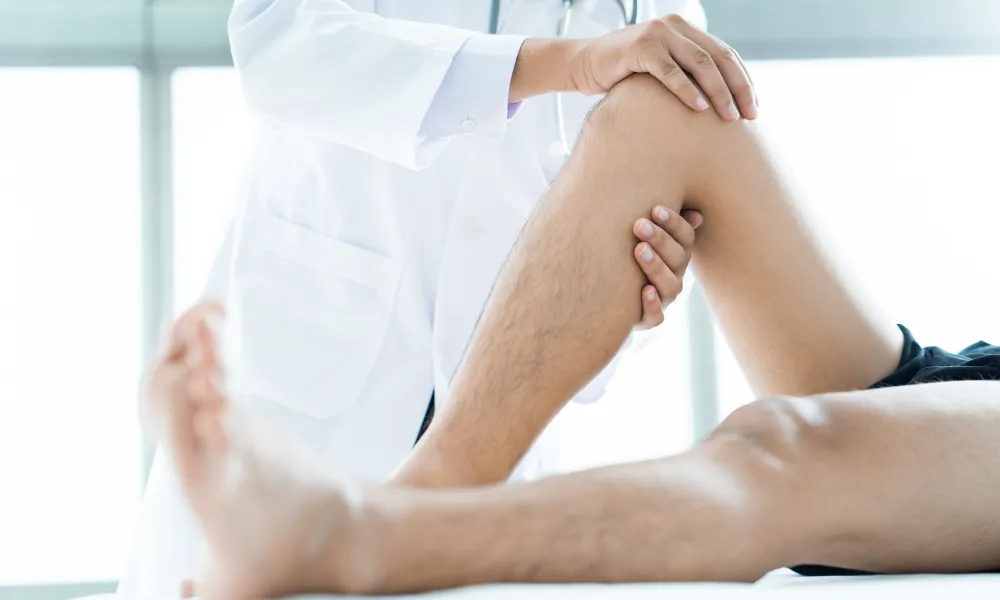Once you
have exhausted symptomatic treatment for your arthritic hip or knee, and your
symptoms of increasing pain and decreasing function have led you to have joint
replacement surgery, there is work to do for you and your surgeon.
From the
patient perspective, there are some keys to maximizing your outcome. First, take
an honest look at your overall health regarding your weight and fitness level. In a perfect world,
we would all be at our ideal body weight. However, 70% of the US population is
overweight and approximately 30% are obese by accepted definitions. Therefore, dropping some weight helps in a variety of ways: it decreases your risk of
operative and post-operative complications and facilitates your recovery.
Next,
arrange for your spouse, partner, friend, relative, neighbor to help you as a
coach or guide to assist you with the pre-op preparations and recovery. Having
another set of ears at appointments and someone to stay with you for several days after
surgery is extremely valuable. This person will also assist with rides to appointments
and therapy.
After working on your health and finding a coach, preparing your home for
recovery is important. Put away throw rugs and other items that could lead to
falls, make sure you have food items that are easy to prepare, stock up on
frozen food which can easily be microwaved. Arrange for help with pets for at
least the first few days.
Four to six weeks before your surgery you will have a "prehab"
appointment with a physical therapist to review how to navigate stairs with a
cane, proper use of a walker (which will be used for a week or 2 after surgery)
and get started on postoperative exercises before surgery to help with strength
and mobility. A week before surgery, you
will stop any anti-inflammatory medications you are taking for your arthritic
joint. Five days before surgery, you will shower with special antibacterial soap
to decrease the bacteria on your skin. Three days before surgery you will
increase your water consumption to make sure you are well hydrated before your
surgery.
By taking
these steps to improve your health and fitness levels you are partnering with
your care team to improve your outcome and make the most of your joint replacement
surgery.

